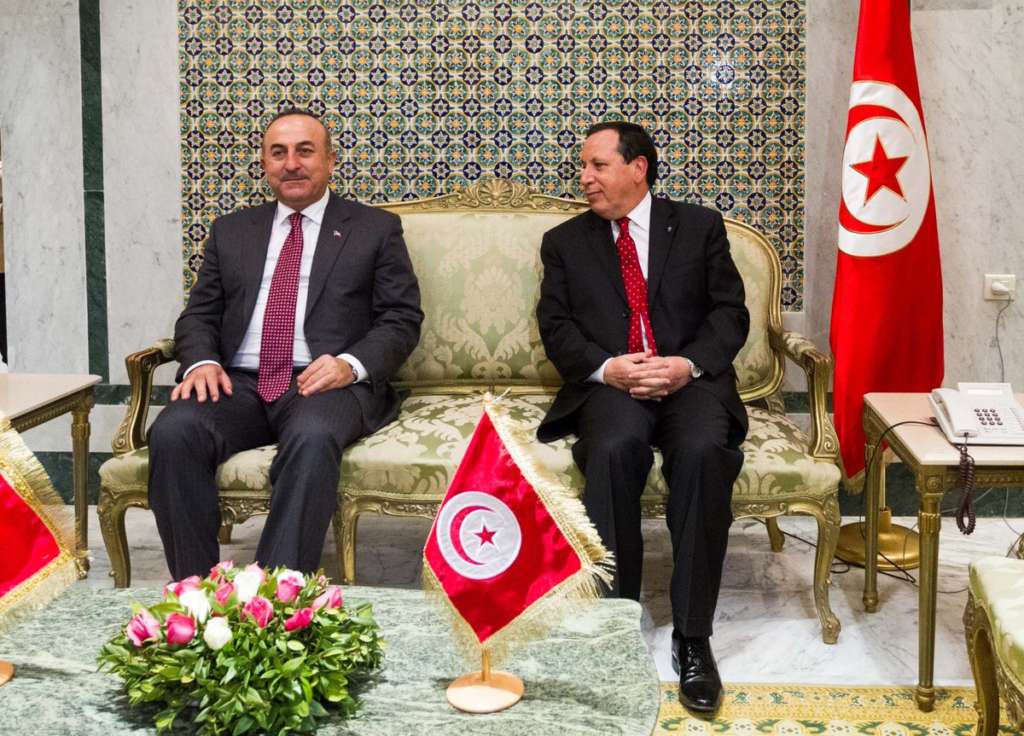Tunis- Negotiations held between Tunisia and Turkey resulted in a revision of the free trade agreement between the two countries, encouraging Tunisian exports to Ankara.
The revision will recalibrate trade balance between the two sides, which lately was tilted to benefit the Turkish economy.
For start, Tunisia agreed to increase phosphate exports in an attempt to overcome the trade imbalance since the signing of the Tunisia-Turkey free trade agreement in 2014.
The Tunisian-Turkish Partnership Council held its third session in Tunis.
Speaking at the session, Tunisian Trade and Industry Minister Ziad Al-Athari stressed the necessity of facing the cooperation’s trade deficit by taking exceptional measures related to exports. In order to alleviate the trade deficit favoring the Turkish economy.
For his part, Turkish Minister of Economy Nihat Zeybekci said the first agreement will be worth 30 billion dollars for the imported Tunisian phosphate, and expressed that his country’s readiness to reconsider the free trade agreement signed with Tunisia is to establish equal opportunities between the two countries.
The trade balance with Turkey showed a deficit exceeding 1,482 MTD, the Ministry of Development, Investment, and International Cooperation Saturday said in a press release.
Zeybekci said, as he met Saturday with Minister of Development, Investment and International Cooperation Mohamed Fadhel Abdelkefi, his country welcomes all proposals to restore trade balance, including increased and diversified Tunisian exports such as phosphate and olive oil.
Turkey is likewise willing to provide economic and financial support to Tunisia and encourage Turkish firms to invest in vital fields, particularly infrastructure projects.
On the other hand, Turkey also conditioned that an agreement is signed to protect Turkish investments in Tunisia.
The two sides considered a number of mechanisms to promote economic cooperation, boost Tunisian exports, and encourage Turkish investments to develop the national industry and create jobs for thousands of unemployed Tunisian youth.
A number of agreements have also been signed between Turkish and Tunisian institutions in the field of competition and intellectual property.
A number of Tunisian businessmen and investors expressed dissatisfaction with excess Turkish goods at competitive prices, which led to the shutdown of a number of active Tunisian institutions, especially in the textile and clothing sectors.
“Tunisia has informed the Turkish side that it will take exceptional and urgent measures to overcome the trade imbalance,” said Tunisian Trade and Industry Cooperation Director-General Saida Hachisha.
